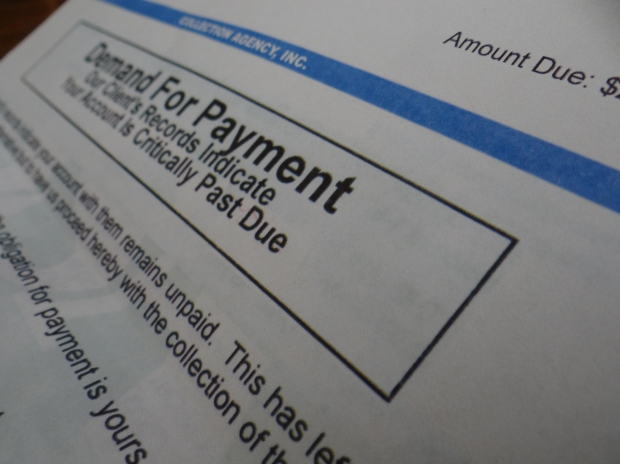Your business will have them: the good seasons, and those that challenge you. It’s easy…
General Assembly Takes on Consumer Debt Collectors
In a series of bills introduced just before the bill filing deadline for the North Carolina State Senate, legislators seek to further protect consumer debtors from the actions of those seeking to collect debts. It is important to understand that there is a significant difference between a “consumer” and a “commercial” account. To fall under the definition of a “consumer” debt, the debt must be incurred by a “natural person” for “family, household or agricultural purposes.”
Most commercial credit applications and their accompanying guaranties contain language by which those executing the document specifically acknowledge that the purpose of the credit sought is commercial, and not for family, household or agricultural purposes. It would seem prudent given the bills before the state legislature for businesses to review credit applications to insure that there can be no mistaking the purpose of the credit extended.
In terms of the proposed legislation, pending bills would require the creditor or debt collector to rectify any errors in reporting to credit agencies within 60-days of notification of the error by the consumer. Failure to do so would be deemed per se an unfair and deceptive trade practice subject to treble damages. Other bills seek to limit publication of information that might expose consumer debtors to public exposure or embarrassment. “Publication” in this instance means disclosure to a third party without express written permission from the debtor. Also, collection agencies could face new bond requirements, especially those entities which purchase old debt and seek to collect it.
Employers also need to watch the General Assembly as Senate Bill 502 seeks to prohibit employers from “discriminating” against individuals with a poor credit history. Unless an employer can demonstrate that the credit history has direct import to the position sought, denying employment based upon a poor credit report would be viewed as discriminatory.
We will continue to monitor activities on Jones Street, so watch this blog for more information pertaining to legislative actions which may impact the construction industry and more specifically, material suppliers.



